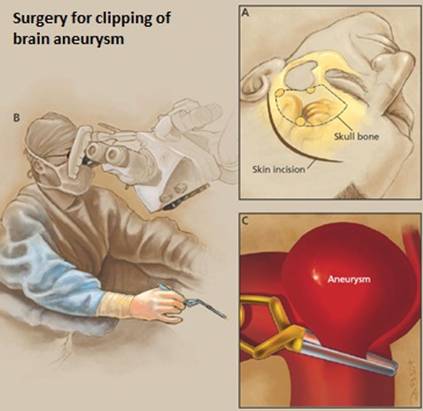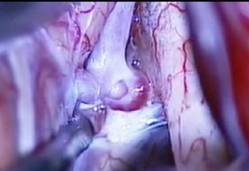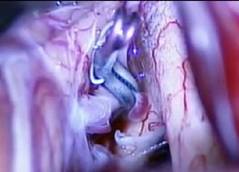Stroke Prevention
Given the disease burden of strokes, prevention is an important public health concern. As stroke neurosurgeons, we do not want to treat stroke unless we are forced to do so for acute stroke treatments in emergency setting; we actually want to prevent stroke by promoting stroke risks screening program & stroke prophylactic treatments. 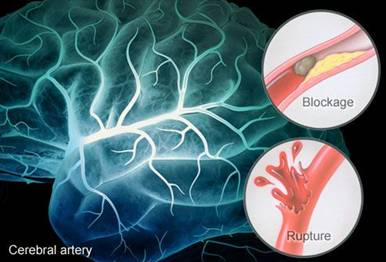
Is stroke survivor prone to more strokes in future life?
Yes— The risk of stroke for someone who has already had one is many times that of a person who has not. If you've had a heart attack, you're also at higher risk of having a stroke, too.
Search and Treat the Real Cause of Stroke to Prevent Further Stroke within short period of time:
With traditional stroke treatments, most treatments were just empirical medications, without searching for the real cause of stroke; nowadays Stroke Neurosurgeons prefer high quality MRI angiogram or cerebral angiogram to search for the real cause of stroke and treat accordingly; so as to prevent stroke from recurring within short period of time.
Stroke prophylactic treatments
- Healthy Life style Modifications


- Medical risks treatment: e.g. control and reduction of high blood pressure, and the use of statins for your cholesterol
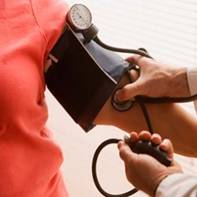
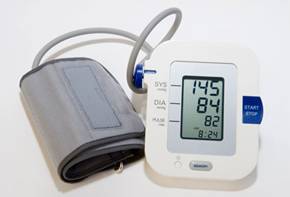
- Prophylactic medications: aspirin confers some protection against first stroke in people who have had a myocardial infarction or those with a high cardiovascular risk. In those who have previously had a stroke, treatment with medications such as aspirin, clopidogrel and dipyridamole may be given to prevent platelets from excessive aggregating to form blood clot.

- Prophylactic minimally invasive endovascular treatments:
Carotid stent insertion for carotid stenosis: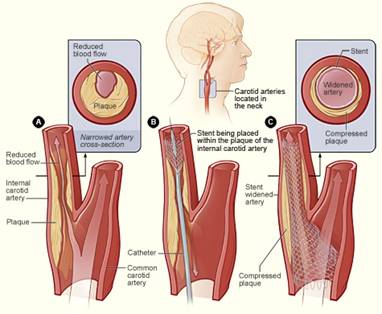
Wingspan stent insertion for middle artery stenosis: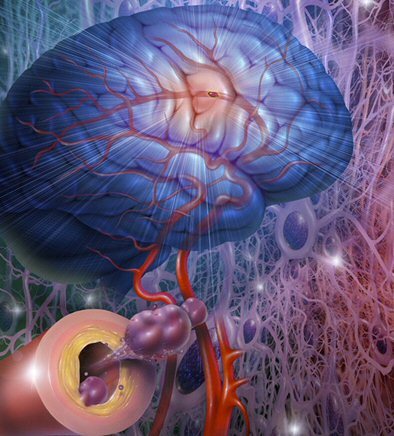
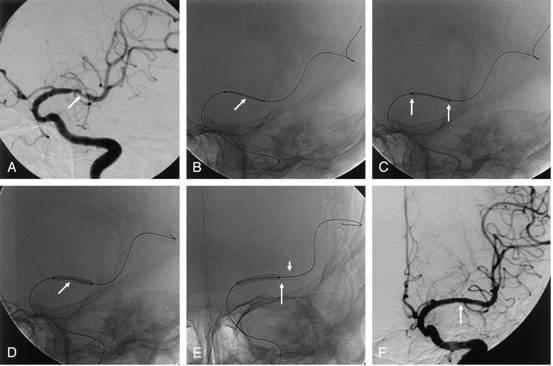
- Prophylactic minimally invasive microsurgery treatments:
Microsurgery clipping for anterior communicating artery aneurysm
